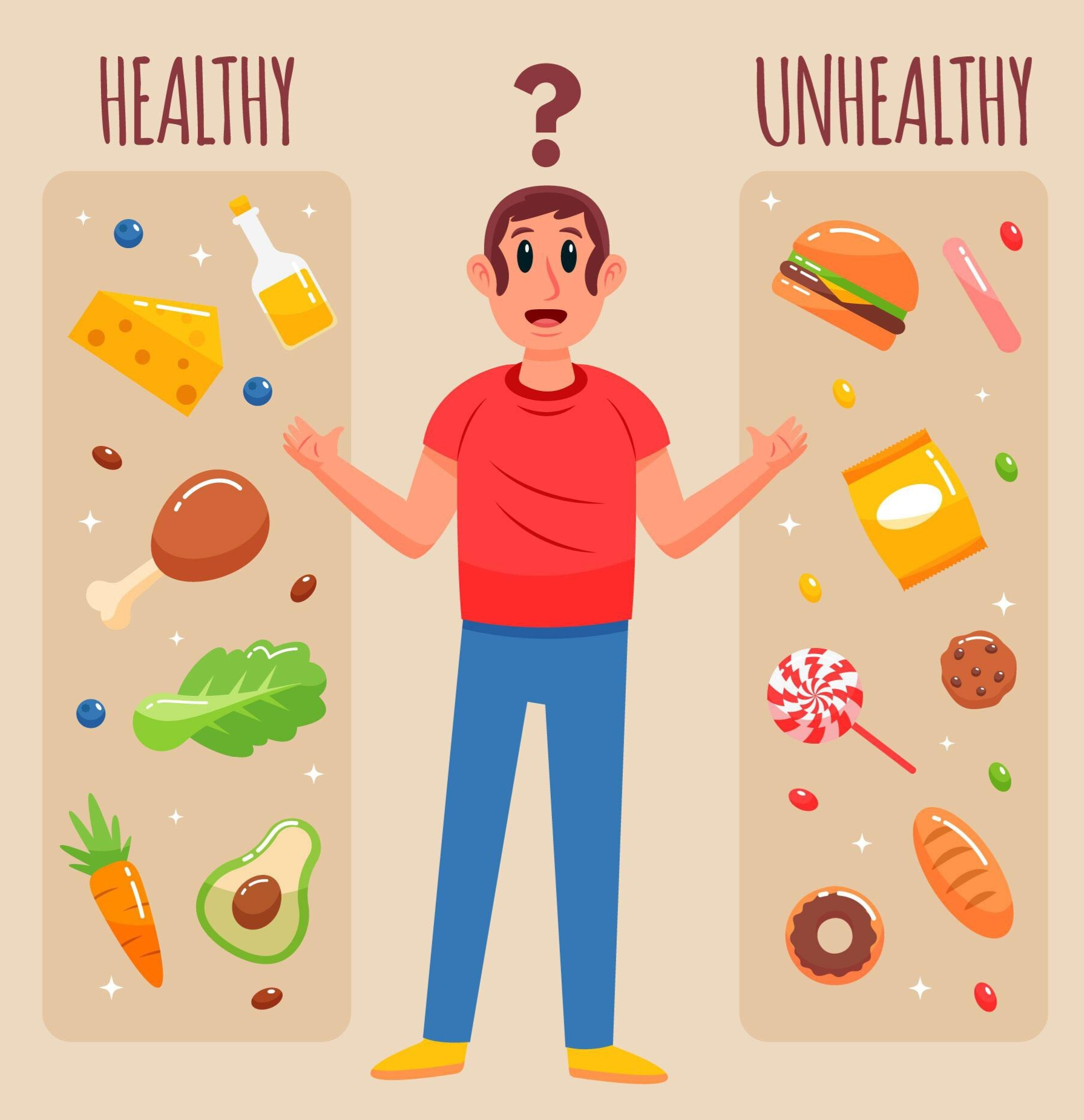Detoxing has become an essential practice in the wellness world, with people across the globe swearing by its benefits for improved health and vitality.
From juice cleanses to fasting, the process of detoxification is believed to help remove harmful substances, cleanse the organs, and restore the body to its optimal state.

But what really happens to your body during a detox, and more importantly, what comes out of your body when you detox? This comprehensive blog post will dive deep into the detox process, explaining what you can expect when your body goes through a cleansing phase.
What is Detoxification?
Detoxification is the natural process your body goes through to eliminate toxins and waste products. The human body is constantly exposed to toxins from environmental pollution, unhealthy foods, stress, and more.
While the liver, kidneys, and other organs work tirelessly to filter and flush out these substances, certain detox programs aim to support and accelerate this natural process.
Detoxing typically involves a temporary dietary or lifestyle change, such as fasting, drinking detoxifying liquids (like juices or herbal teas), or even using specific supplements. While some individuals may do it for a few days or weeks, others incorporate detox practices into their long-term routines.
Why Detoxify?
Before we explore what comes out of your body during a detox, let’s first address why you might want to detox in the first place. Detoxification is believed to provide several health benefits, including:
-
Improved digestion: By giving your digestive system a break, detoxing can help improve bowel regularity, reduce bloating, and ease symptoms like constipation or indigestion.
-
Increased energy levels: Many people report feeling more energized and less fatigued after a detox, possibly due to the body’s elimination of excess waste and toxic buildup.
-
Clearer skin: Detoxing is often associated with clearer, brighter skin as toxins are flushed from the body and inflammation is reduced.
-
Boosted immune function: By supporting your body’s natural detoxification organs, such as the liver and kidneys, you may enhance your immune system’s ability to fight off infections.
-
Weight loss: Detox programs can help shed excess weight by eliminating retained water, reducing bloating, and encouraging the breakdown of fat.
Now, let’s examine what actually comes out of your body when you detox.
Toxins and Waste Products
The primary goal of any detox process is to flush out harmful substances that have built up in your body over time. These substances can come from a variety of sources, including environmental pollutants, processed foods, alcohol, and even stress.
Here’s a closer look at some of the most common toxins and waste products that are removed during a detox:
Heavy Metals
- Heavy metals like lead, mercury, and cadmium can accumulate in the body due to environmental exposure, certain medications, or contaminated food.
- These metals are often stored in fatty tissues and organs, which can affect the function of the liver and kidneys over time. When you detox, your body may begin to release these toxic metals, helping to reduce their harmful effects.
Chemicals and Pesticides
- Pesticides and other chemicals commonly found in food, household products, and the environment are another group of substances that the body may try to rid itself of during a detox.
- These chemicals can disrupt hormone balance and negatively impact overall health. As you detox, the body works to eliminate these toxins through sweat, urine, and stool.
Processed Foods and Additives
- Our diets are often loaded with processed foods, refined sugars, preservatives, and artificial additives. These substances can burden the digestive system, leading to sluggish digestion, bloating, and inflammation.
- When detoxing, many people experience the elimination of these food-related toxins, resulting in improved gut health and reduced inflammation.
Alcohol and Caffeine
- Alcohol and caffeine are both substances that, when consumed in excess, can strain the liver and kidneys. Detox programs that reduce or eliminate alcohol and caffeine can help support the body’s detoxification organs, promoting the excretion of alcohol metabolites, caffeine byproducts, and other related toxins.
Excess Water and Bloating
One of the immediate effects of detoxing is the loss of excess water and bloating. Many detox diets, especially those that focus on reducing sodium intake and increasing water consumption, can lead to significant changes in water retention.
This can be especially noticeable in the initial stages of detox, where you might experience:
-
Frequent urination: Drinking more water and consuming detox teas helps flush out excess water weight and waste products from the body.
-
Decreased bloating: Many people notice a reduction in abdominal bloating as their body sheds retained water and food waste.
-
Sweating: As you detox, your body may also expel toxins through sweat, especially if you engage in physical activity or use saunas.
While this initial water weight loss can be encouraging, it’s important to remember that detoxing isn’t a quick fix for long-term weight loss. The goal is to support the body’s natural cleansing processes, not to dramatically reduce body fat.
Digestive Waste and Stool
During a detox, your digestive system is likely to undergo significant changes. As you eliminate processed foods, sugar, and other harmful substances, your body starts to process food in a healthier way, leading to more regular and efficient digestion.
Here are a few things you might notice in terms of digestive waste:
Improved Bowel Movements
Many people report more regular and consistent bowel movements during and after a detox. This is because detox diets often include a higher intake of fiber, which can help promote bowel regularity and prevent constipation. Fiber-rich foods like fruits, vegetables, and whole grains can help move waste through the intestines more efficiently.
Elimination of Fecal Toxins
As the body eliminates waste products and toxins, you may notice that your stool looks different, such as being darker or having an unusual odor. This can be a sign that the detox is working to expel the toxins and waste that have been lingering in your intestines.
Mucus and Unwanted Compounds
Some people report the elimination of mucus and other unwanted compounds in their stool during a detox. This can happen as the body rids itself of accumulated waste and toxins. It’s important to note that these changes are often temporary and may subside as your digestive system adjusts to the detox process.

Skin and Sweat
Your skin is one of the body’s largest detoxification organs, and it plays a significant role in removing toxins. During a detox, you may notice several changes in your skin, including:
Increased Breakouts
As toxins are flushed out of the body, they often make their way to the surface of the skin. This can lead to temporary breakouts, pimples, or rashes as your body eliminates these substances. However, these symptoms are typically short-lived, and many people report clearer, healthier skin after completing a detox.
Sweat and Body Odor
Detoxing can also cause an increase in sweating, especially if you are engaging in physical activity or using saunas. Sweat is one of the ways your body expels toxins, including heavy metals, chemicals, and waste products. This increased sweating may result in stronger body odor during the detox process, which usually subsides as your body adjusts.
Emotional and Mental Clarity
While detoxing focuses primarily on physical changes, many people report mental and emotional benefits as well. As your body rids itself of toxins, your mood and mental clarity may improve, leading to:
-
Reduced brain fog: Many detox participants report feeling more focused and clear-headed as they eliminate toxins and processed foods.
-
Mood improvement: Detoxing can help balance blood sugar levels and reduce inflammation, leading to improved mood and emotional well-being.
-
Increased energy: Many people notice a surge in energy levels after completing a detox, likely due to the body’s improved ability to process nutrients and eliminate waste.
Parasites and Infections
In some cases, detoxing can lead to the expulsion of parasites, fungi, or other harmful microorganisms that may be present in the body.
While this is more common with certain types of detox programs (such as those that include anti-parasitic herbs or cleanses), some people experience an increase in symptoms related to parasites, such as diarrhea or nausea, during a detox. This is a sign that the body is working to expel these harmful invaders.
How Long Does It Take to Detox?
The time it takes for your body to detox varies depending on the method you’re using and your unique body chemistry. Some people may experience noticeable changes within a few days, while others may take weeks or longer to fully detox.
It’s important to listen to your body and proceed slowly to avoid overwhelming your system.
Conclusion
Detoxing is a natural and effective way to support your body’s innate ability to cleanse itself. By giving your organs a break and eliminating harmful substances, you can improve digestion, boost energy, enhance skin health, and even lose weight.
Throughout the detox process, your body will likely expel toxins, waste products, excess water, and even harmful microorganisms. Although you may experience temporary discomfort, such as breakouts, bloating, or mood swings, these symptoms are usually short-lived and can be a sign that your body is working hard to rid itself of toxins.
Remember, detoxification is not a one-size-fits-all approach. It’s important to find a detox method that aligns with your lifestyle and goals.
Whether you choose to follow a specific detox program or simply focus on nourishing your body with whole, clean foods, the process can have lasting positive effects on your health and well-being.
References
-
Detoxification and Its Role in Health: https://www.ncbi.nlm.nih.gov/pmc/articles/PMC4997434/
-
The Science of Detoxification and Liver Health: https://pubmed.ncbi.nlm.nih.gov/24552081/
-
Impact of Detox Diets on the Body: https://www.ncbi.nlm.nih.gov/pmc/articles/PMC6418796/
-
Effect of Toxin Removal on Skin Health During Detox: https://www.ncbi.nlm.nih.gov/pmc/articles/PMC4376926/
-
The Role of Detox in Reducing Heavy Metals: https://www.ncbi.nlm.nih.gov/pmc/articles/PMC6466301/